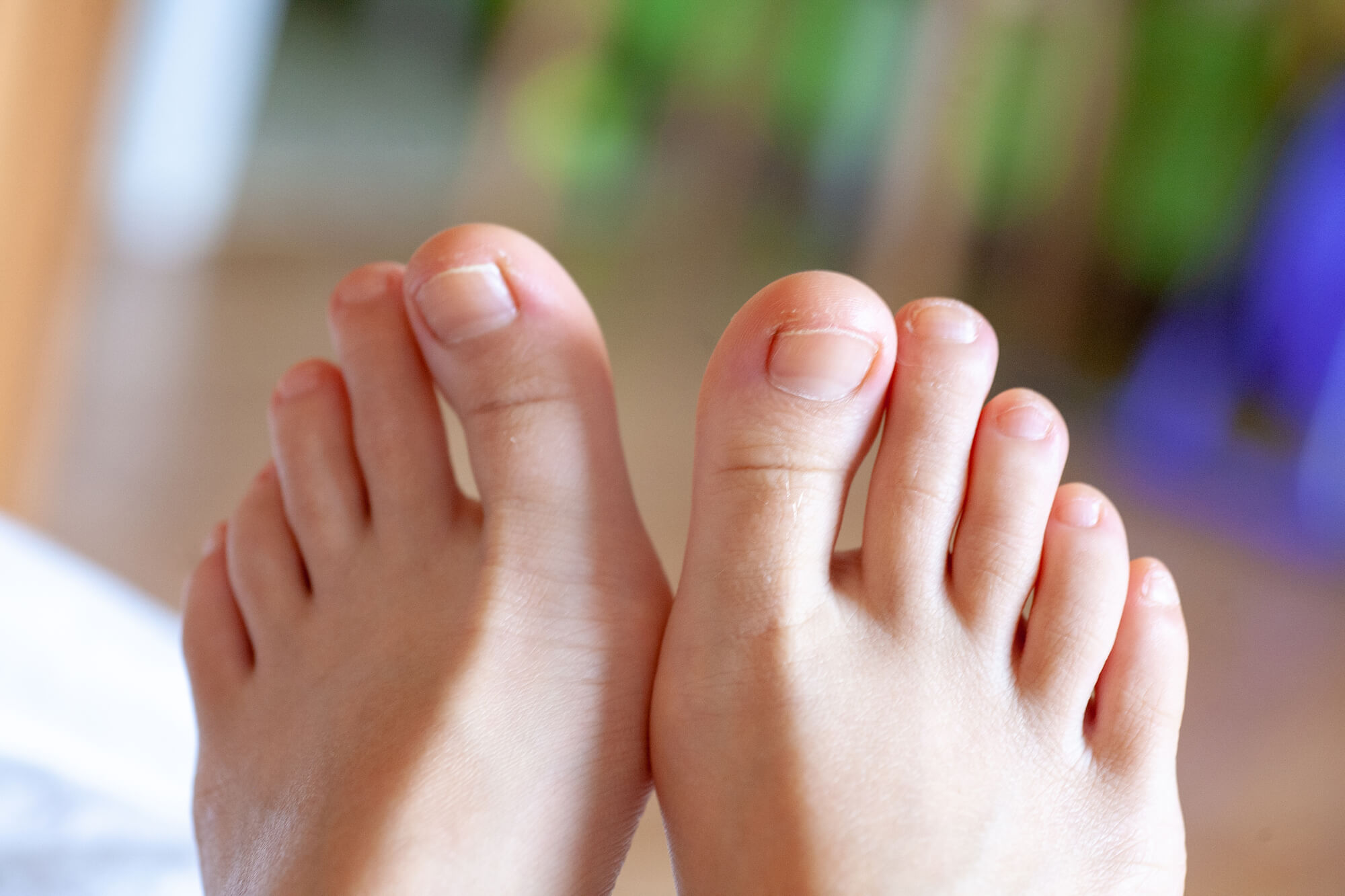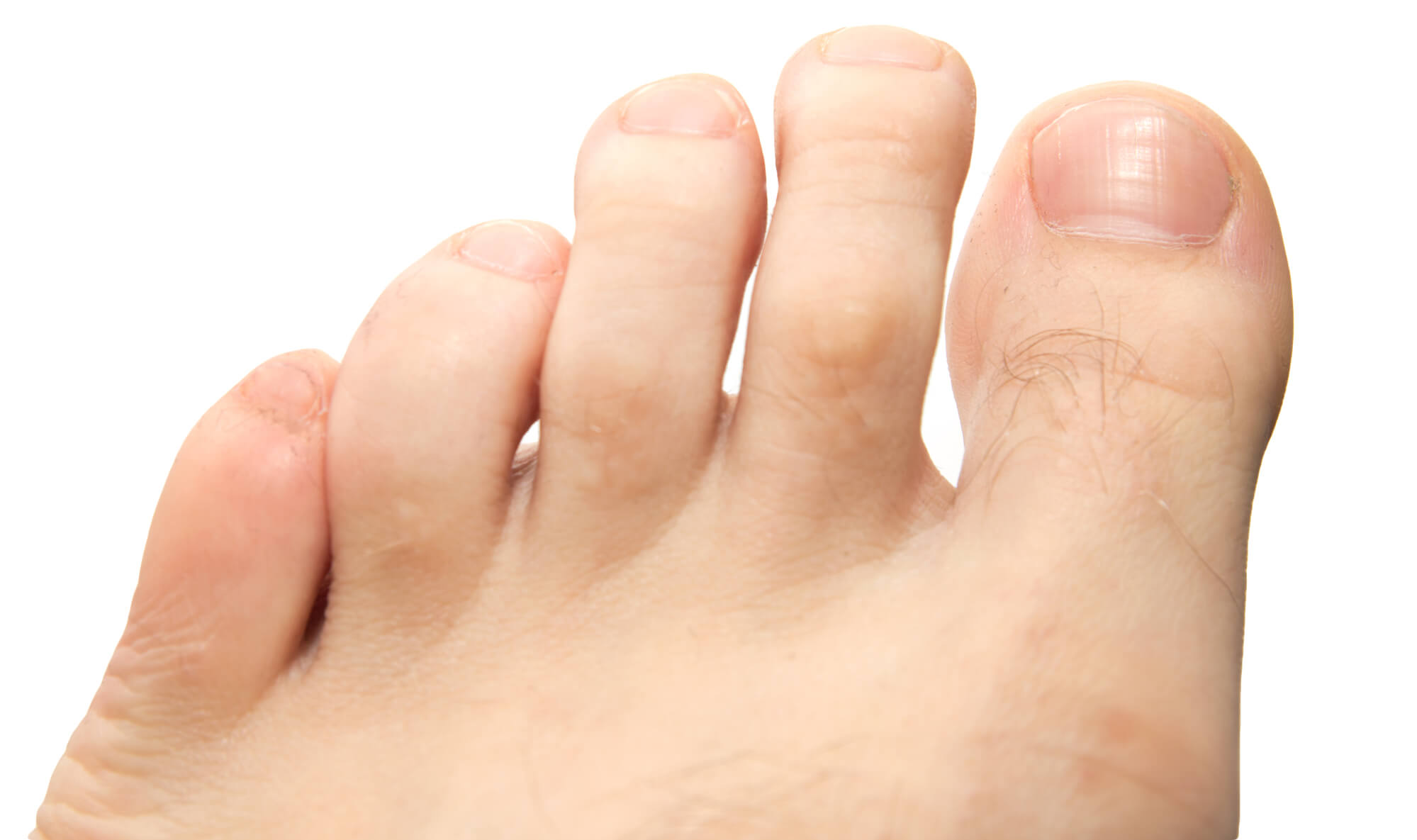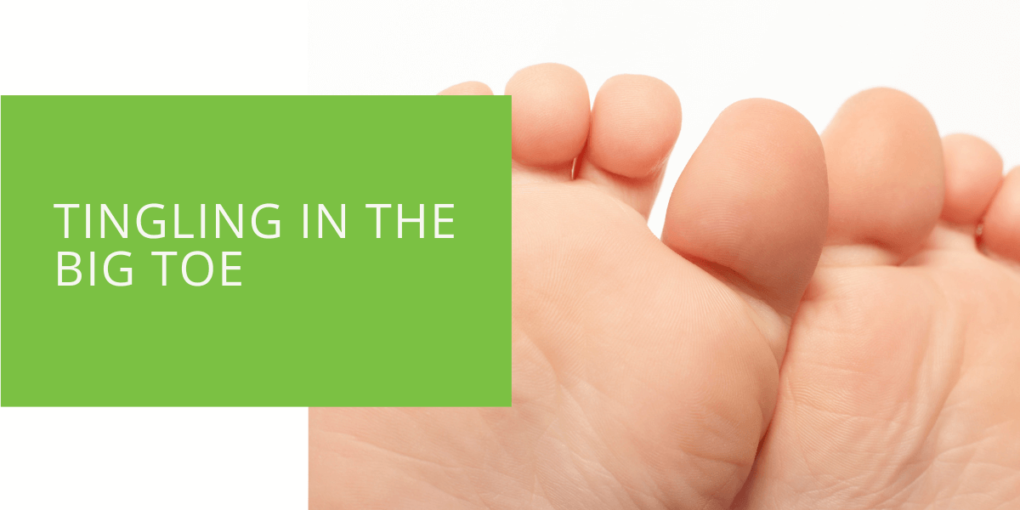Understanding Tingling in the Big Toe
Do you ever experience a tingling or numbness in your big toe? While it may seem like nothing more than a minor inconvenience, it's crucial to recognize that this sensation can often be a sign of underlying medical issues. If left untreated, these conditions can lead to serious complications, making it vital to seek professional medical attention as soon as possible.
In this comprehensive guide, we will delve into the world of toe numbness. We will explore the various causes and symptoms of this condition and the importance of seeking expert evaluation and care from a qualified podiatrist. Whether you're dealing with numbness in your big toe or any other foot-related issue, this guide will provide the information you need to take control of your health and relieve your symptoms.
Key Takeaways
- Numbness or tingling in the big toe is often a sign of underlying issues such as diabetes, nerve compression, or circulation problems.
- It's essential to consult a podiatrist for a proper diagnosis, as they can perform necessary tests and create a personalized treatment plan.
- Prevention through proper footwear, diabetes management, physical activity, and injury avoidance is crucial for maintaining healthy toes and preventing toe numbness.
Signs of Toe Numbness
Toe numbness isn't just an isolated, random sensation; it's a significant indicator of potential underlying problems within your body. Recognizing these signs is the first step toward addressing the issue effectively. The signs of toe numbness may include:
- Tingling Sensation: This tingling sensation often feels like small pins and needles pricking your big toe, creating a peculiar and uncomfortable feeling.
- Numbness: Numbness implies a loss of sensation in the affected area. Your big toe may feel strangely disconnected from the rest of your foot, making it difficult to sense touch or pressure.
- Pins and Needles: This sensation, sometimes called "paresthesia," can feel like tiny electric shocks or the sensation of your foot "waking up" after being asleep.
- Loss of Motor Function: Apart from the sensory symptoms, you may experience difficulties moving your toe or a notable decrease in your ability to control it.
Causes of Toe Numbness
To address toe numbness effectively, it's vital to identify and understand its root causes. This section will explore the various factors that can contribute to this condition.
Diabetes
Diabetes is a well-known culprit behind toe numbness. It can lead to peripheral neuropathy, significantly affecting the nerves in the extremities, including the toes. These damaged nerves can result in numbness and tingling sensations.
Nerve Compression
Nerve compression, often triggered by conditions like bunions or arthritis, can exert pressure on the nerves within your foot. This pressure can lead to the development of toe numbness over time.
Poor Blood Flow
Conditions affecting the blood vessels in your extremities, such as peripheral artery disease (PAD), can restrict blood flow to your toes. The reduced blood flow can cause discomfort and numbness in the affected area.
Footwear
The type of shoes you wear plays a more significant role in your foot health than you might think. Ill-fitting or tight shoes can compress nerves in your foot and hinder blood flow, ultimately leading to discomfort and numbness.
Spinal Cord Issues
In some cases, problems originating in your spinal cord, such as sciatica, can radiate symptoms down to your toes, resulting in numbness.

Diagnosing Toe Numbness
Seeking a professional diagnosis is crucial when you experience toe numbness. Podiatrists are experts in foot and toe health and can provide a thorough evaluation to determine the underlying cause. Here's a closer look at the diagnostic process:
- Neurological Examination: During this examination, your podiatrist will assess your reflexes, muscle strength, and sensitivity to touch. This assessment helps identify any abnormalities in your big toe's nerve function.
- Imaging: Your podiatrist may recommend imaging tests such as X-rays or MRI scans to gain a clearer picture of the structures within your foot. These tests can reveal any structural abnormalities contributing to your toe numbness.
- Blood Tests: Blood tests are essential for identifying conditions like diabetes or other abnormal blood chemistry that might be connected to your numbness.
- Nerve Conduction Studies: This specialized test measures the speed and strength of electrical signals in your nerves. It helps determine if nerve damage or compression affects your big toe.
Treatment Options
The approach to treating toe numbness varies depending on its underlying cause. Your podiatrist will craft a personalized treatment plan to address your condition. Here's a closer look at common treatment options:
Diabetes Management
When diabetes is the root cause of toe numbness, managing your blood sugar levels is paramount. Your podiatrist will collaborate with your diabetes care team to ensure your diabetes is well-controlled to prevent further nerve damage.
Physical Therapy
Physical therapy exercises can play a crucial role in improving circulation, reducing nerve compression, and enhancing the strength and flexibility of your foot. These exercises are often customized to target the specific issues contributing to your numbness.
Medications
In some cases, medications may be prescribed to manage pain or address underlying medical conditions contributing to toe numbness. These medications aim to alleviate discomfort and improve your overall foot health.
Lifestyle Adjustments
Modifying your daily routine and lifestyle can significantly impact managing and preventing toe numbness. This may include wearing proper footwear, practicing regular foot care, and adjusting to prevent further irritation.
Orthotics
Custom orthotic devices, designed to provide additional support and alleviate pressure on the nerves, may be recommended by your podiatrist. These orthotics can help improve your overall foot comfort and function.
Surgery
In severe cases where conservative treatments are ineffective or when structural abnormalities exist, surgical intervention may be necessary. Surgery can address the root cause of the numbness, providing lasting relief.

Preventing Big Toe Numbness
Prevention is always preferable to treatment. To reduce the risk of developing toe numbness, consider the following proactive measures:
- Choose Proper Footwear: Selecting well-fitting, comfortable shoes that provide adequate support and don't compress your toes is essential. Shoes with a wide toe box can be particularly beneficial.
- Manage Diabetes: If you have diabetes, managing your blood sugar levels meticulously is crucial. Regular check-ups with your podiatrist and diabetes care team are essential to monitor your foot health.
- Stay Active: Regularly exercise to maintain healthy foot circulation. Simple exercises like walking or cycling can help improve blood flow.
- Avoid Injuries: Be cautious when engaging in activities that could lead to toe injuries. If an injury does occur, seek immediate medical attention to prevent complications that might lead to toe numbness.
Living with Numb Toes
Living with chronic toe numbness can be challenging, both physically and emotionally. However, with the guidance of a skilled podiatrist, you can find effective ways to cope. Regular check-ups and adherence to your personalized treatment plan are vital for managing this condition effectively.
Conclusion
Never dismiss numbness in your big toe as a minor issue. It often serves as a crucial indicator of underlying medical problems, such as diabetes, nerve compression, or poor circulation. If you or someone you care about experiences toe numbness, we strongly recommend consulting a podiatrist without delay for a comprehensive evaluation and a tailored treatment plan.
Our podiatrists specialize in diagnosing and treating various foot and toe conditions. Our team of experts is dedicated to providing you with the highest level of care and guidance. Your comfort and well-being are our top priorities.
If you're dealing with toe numbness or foot-related concerns, don't hesitate to schedule an appointment with our experienced podiatrists today. We are here to provide the best possible care and help you regain comfort and mobility in your feet. Don't wait – take the first step toward healthier toes and feet by reaching out to us today.

